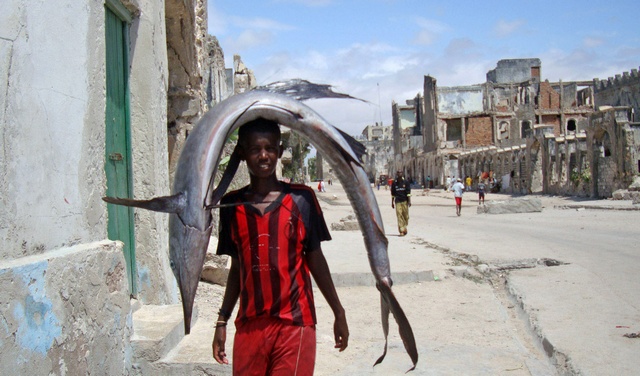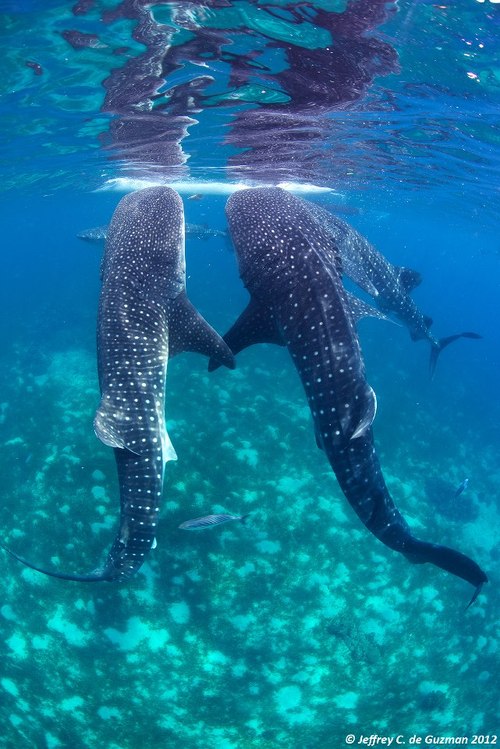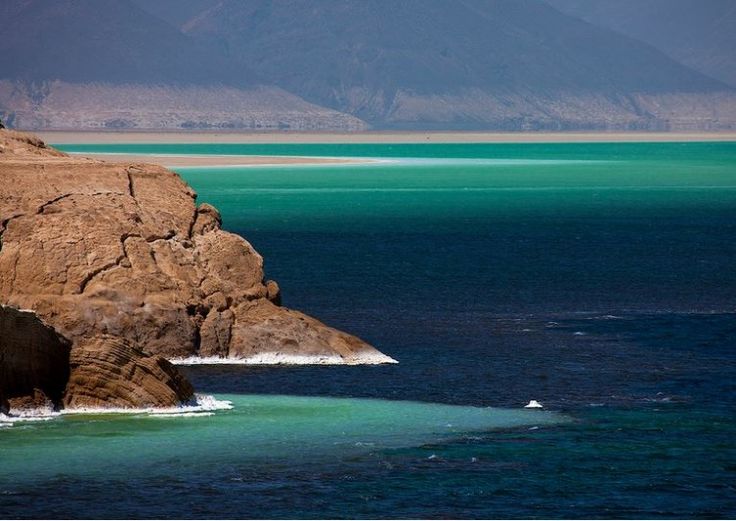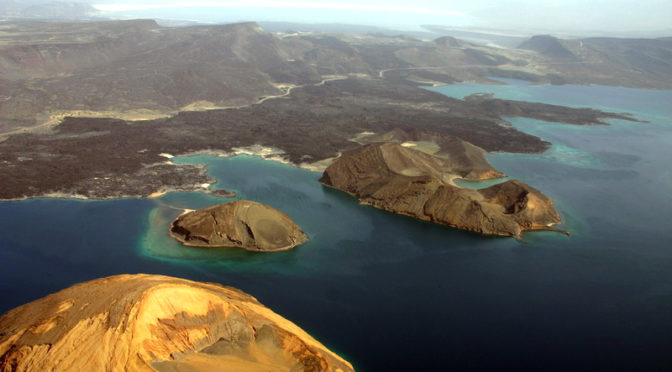Djibouti - Travelling to new, unexplored coastlines
For me one the most exciting aspects of fishing is the adventure of exploring new, unknown coastlines like Djibouti. The further off the beaten track the exploration take me the more I enjoy it. To me there’s nothing more exciting than driving hundreds or even thousands of kilometers over broken, potholed roads that could count on one hand the number of cars that pass over them in a year. Driving to reach a coastline so remote no foot prints scar the pristine beaches and the fish have never seen a lure. The incredible effort is takes to reach these untouched gems and the anticipation of not knowing what to expect, irrespective of how many hours you’ve spent on Google Earth studying the every minute, makes these trips an experience of a lifetime.
If you after real exploration, Africa is probably the last destination for true adventure left on the planet. It’s a combination of wild, undeveloped coastlines that require huge effort and planning to reach. Together with a certain element of danger it makes Africa the home of extreme fishing destinations.

The birth of an idea
When living in Qatar, as I’m currently doing, it’s almost a necessity to have your next holiday planned. Have something to look forward to. Don’t get me wrong Qatar is not a bad place to live but you need to get out every few months for sanities sake. For that reason Fred Davis, from Feathers and Flouro, and I over a few beers decided we needed to plan our next fishing trip.
Immediately Southern Oman popped up. (definitely worth a trip for those that haven’t been) We milled over it for some time but as both of us had fished there before we decided something new was in order. It was then that the idea of Djibouti got thrown around. For those of you that don’t know, Djibouti is a small country in North Africa which lays at the entrance to the Red Sea. Djibouti is extremely undeveloped and fishing wise almost totally unexplored by game fishermen, professional or social.
What got us excited about Djibouti is its location at the mouth of the Rea Sea. That and the fact that outside of the capital, also named Djibouti, there is almost no one. There are a few local villages but that is about it on hundreds of kilometres of coastline.
As they say, location is key to a good investment and Djibouti has location on its side. The country is located in the centre of three incredible fisheries, west is Sudan and Nubian flats, east is Socotra Island and north-east is Southern Oman. All of these are incredible fishing destinations producing monstrous GT in particular. It may just be an assumption for now but being in the middle of those three there’s a pretty strong chance that the same fish are along the Djibouti coast too.

Let the Planning Begin
Once we’d decided that Djibouti was our spot it was time to get into serious planning mode. We intend to fly in, hire a 4×4 and explore the coastline game fishing off the rock and surf. With that in mind we first spent hours scouring Google Earth and nautical maps. With the aim to identify sections of the coastline that may hold the greatest potential. We looked for points and ledges with deep water in close proximity. Reefs and flats that may hold fish on the changing tides, areas of strong currents and turbulence where game fish would feed.We spent weeks looking for possible areas the fish would feed or hold up. Below is just an example of areas we identified as possible hot spots.
Added to this we obviously searched for any charter companies or guides that fish the area and any articles from earlier fishing expeditions to the area… there are few very. The only website of real interest we found was http://www.wildseaexpedition.com/en they look to have caught some great fish there which only added to our excitement, proving we were on the right track.
Onto the serious stuff
We had satisfied ourselves that the coastline really could hold some undiscovered game fishing potential and it was worth perusing. Then it was time to plan how to get there, where to stay and what we needed to take with. Flights as it turned out were simple with Qatar Airways flying directly to Djibouti. Transport, hire a 4×4 from the airport that’s the simple part covered. The condition of the roads, our safety once out in the more remote areas, where to get fuel, what are police and road blocks like, all these and more we needed to find out about.
Again from hours searching the internet we gathered that the roads are virtually none existent once you move around to the west side of the Gulf of Tadjoura. Those still there are wrecked with potholes. Driving at night and anywhere near the Eritrea border are not recommended. There’s only appears to be one petrol station west of the gulf. Most of that is normal when travelling in Africa so that didn’t raise and major alarm bells.
What we found out that did concern us however was that there’s still a landmine concern in the country. This again isn’t uncommon in Africa and Djibouti does seem to have made a concerted effort to clear up most of them since the civil war ended. There is a risk that a few have been left undiscovered, especially in the more remote areas of the country.

Adapt as you go
This quite understandably has changed our initial plans slightly. We’ve decided that a local guide will be a benefit. One to keep us away from potential landmine areas and two guide us to the fishing spots we’ve identified. Although we’re taking tents and camping gear with we’ve decided to book into a local guest house for the first couple nights to suss out the area first (essentially staying with one of the locals in their house).
Fishing Tackle
With a little over three weeks until we leave and the travel plans all finally booked it’s now time to turn our attention to the important stuff… the fishing tackle. Check out my next post for the tackle we’ll be taking with us.
A Warning
I’ve lived and travel in Africa most of my life and explored most areas south of the Congo . I wouldn’t recommend doing an unguided trip without intimate knowledge of the country, its people and the potential dangers you may encounter. Be responsible when planning a trip and know your own limitations and abilities.

